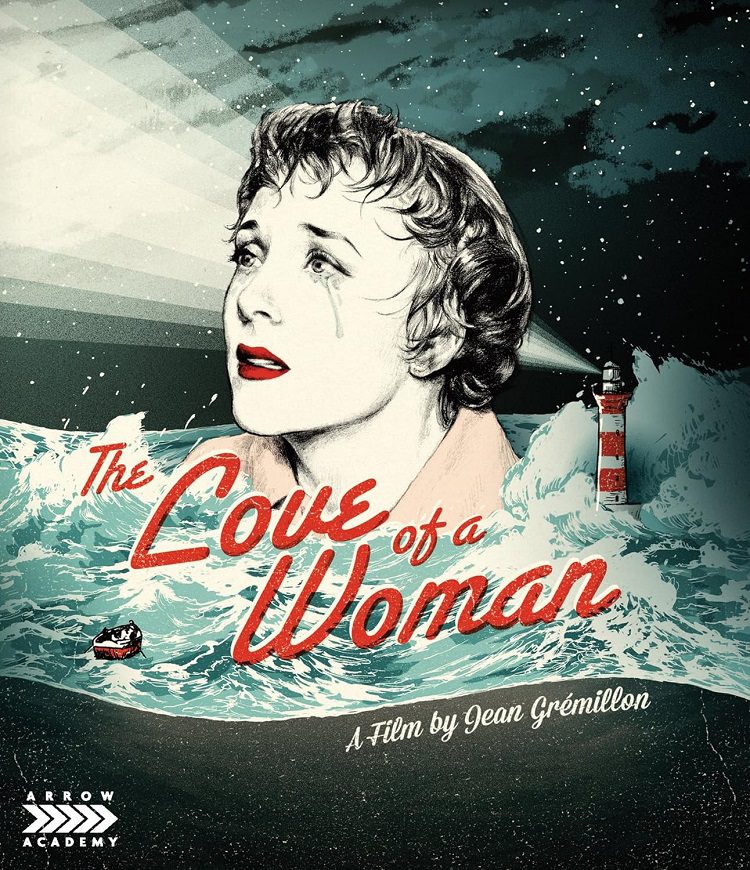
Marie Prieur (Micheline Presle) is young, pretty, and ambitious. After many years of hard work in school, she secures a position as the doctor of a small island village of the coast of France. She befriends Germaine Leblanc (Gaby Morlay), the local school teacher, but struggles connect to anyone else. At first, most of the other villages bristle against a new doctor who is so young and a woman, but they slowly warm to her kindness, knowledge, and skill.
Eventually she meets André (Massimo Girotti), a handsome construction foreman, temporarily on the island building a fog horn. It takes him a few tries but ultimately, she agrees to see him romantically and the two fall in love. When marriage enters the conversation, she finds that he is quite traditional when it comes to these things as he demands she give up her job so she can manage the home and take care of the (eventual) kids. This becomes the central drama of the film. In his last full-length celebrated film director Jean Grémillon has created a simple story, well told, that is both decidedly modern and feminist.
Made in 1953, the takes a rather progressive look at the eternal struggle of women wanting a full life that encompasses meaningful work and a family. Marie at first rebuffs André’s advances then pushes back against his desire for her to quit her job, and yet she truly loves him and wants him to be happy. These are questions we are still struggling with culturally today.
Exteriors were filmed on location giving it a natural, realistic quality. The island is quaint, beautiful, and austere. Grémillon films it with a steady, but not particularly flashy hand. Presle is a wonderfully understated actress who speaks volumes with a smile and the look in her eye.
Video is presented with an AVC encoded 1080p transfer from original film elements. It mostly looks good. The resolution is well done. There is continual grain but it’s subdued and evenly distributed so I stopped noticing after a few minutes. Audio is good. It’s heavy on the talking which comes in loud and clear.
Unusually for Arrow productions, it only comes with one extra feature on the Blu-ray, but it’s a good one. “In Search of Jean Gremillon” is a lengthy documentary produced by French television in 1969 that gives a lot of information about the director. It also comes with Arrow Academy’s usual well-made booklet featuring photographs from the film and a nice essay.
In a great many ways, The Love Of a Woman is a simple film. It tells a simple story and it tells it without a lot of flair. But it’s told really well by great craftsmen.